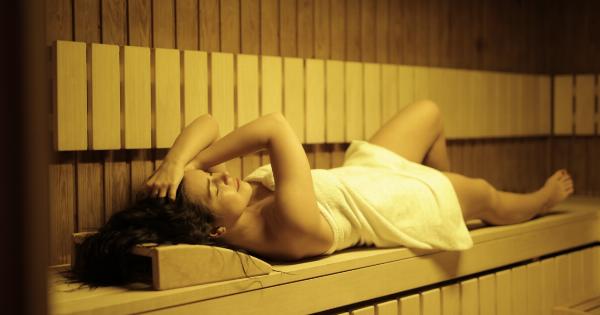When it comes to the concept of a woman’s prime, opinions may vary among men. Society has often associated youth and physical attractiveness with a woman’s prime, but this perception is evolving.
In this article, we will explore various factors that influence when men consider women to be in their prime.
Physical Appearance
Physical appearance plays a significant role in how men perceive a woman’s prime. Historically, youthfulness and physical beauty were considered paramount. Many men still value these qualities, associating them with fertility and vitality.
However, the definition of beauty has become more diverse and inclusive, with men appreciating different body types, ethnicities, and features. Ultimately, physical appearance remains an important factor, but individual preferences greatly influence when men consider women to be in their prime.
Confidence and Self-Assurance
In addition to physical appearance, men often consider a woman’s confidence and self-assurance to be indicative of her prime. When a woman exudes self-assuredness, it can be incredibly attractive to men.
Confidence can come with age and experience, which is why some men may consider older women to be in their prime. A woman who knows herself well and is comfortable in her own skin projects an irresistible magnetism that transcends physical attributes.
Intellectual Compatibility
Intellectual compatibility is an often overlooked but crucial factor in determining a woman’s prime from a male perspective.
Men who seek a deeper connection beyond physical attraction value women who can engage in intellectual conversations, share their interests, and challenge them mentally. When a woman possesses intelligence, knowledge, and the ability to hold her own in discussions, men often perceive her to be in her prime, regardless of age.
Emotional Maturity
Emotional maturity is another aspect that influences when men consider women to be in their prime. Men often appreciate partners who can navigate relationships and communicate effectively.
Emotional maturity involves understanding oneself, being empathetic towards others, and possessing the ability to manage conflicts in a healthy manner. When a woman demonstrates emotional maturity, she is often seen as more attractive and desirable, regardless of her age.
Life Experience and Wisdom
Life experience and wisdom are highly regarded by men when assessing a woman’s prime. Experience and wisdom can come with age, but they are not exclusively tied to it.
Men value partners who have lived life, faced challenges, and gained insights along the way. This wisdom can provide a deeper connection and a level of understanding that younger individuals may not possess. Consequently, men often find women who have a wealth of life experience to be in their prime.
Individual Preferences
Every man has unique preferences when it comes to what they consider to be a woman’s prime. While there may be societal and cultural influences, personal preferences heavily shape these perceptions.
Some men may value career achievements, ambition, or nurturing qualities, while others prioritize kindness, sense of humor, or shared interests. Individual preferences are subjective and play a significant role in determining when men consider women to be in their prime.
Relationship Goals
Men’s relationship goals can also influence their perception of a woman’s prime. Men seeking a long-term partnership may prioritize qualities such as loyalty, commitment, and compatibility.
In this context, a woman’s prime may be associated with stability, emotional support, and shared values. On the other hand, men seeking more casual encounters may prioritize physical attraction and youthfulness, which can impact how they perceive a woman’s prime.
Changing Societal Perspectives
Over the years, societal perspectives on a woman’s prime have evolved. Modern society emphasizes the importance of personal growth, empowerment, and equality.
These evolving attitudes challenge traditional beliefs that confined a woman’s prime to youthfulness and physical appearance. As gender roles continue to blur, men are more likely to value women based on their capabilities, personality, and compatibility rather than societal norms.
Conclusion
When men consider women to be in their prime, various factors come into play.
Physical appearance, confidence, intellectual compatibility, emotional maturity, life experience, individual preferences, relationship goals, and changing societal perspectives all shape this perception. Ultimately, what defines a woman’s prime can be subjective, and it varies among men based on their values, experiences, and cultural influences.






























